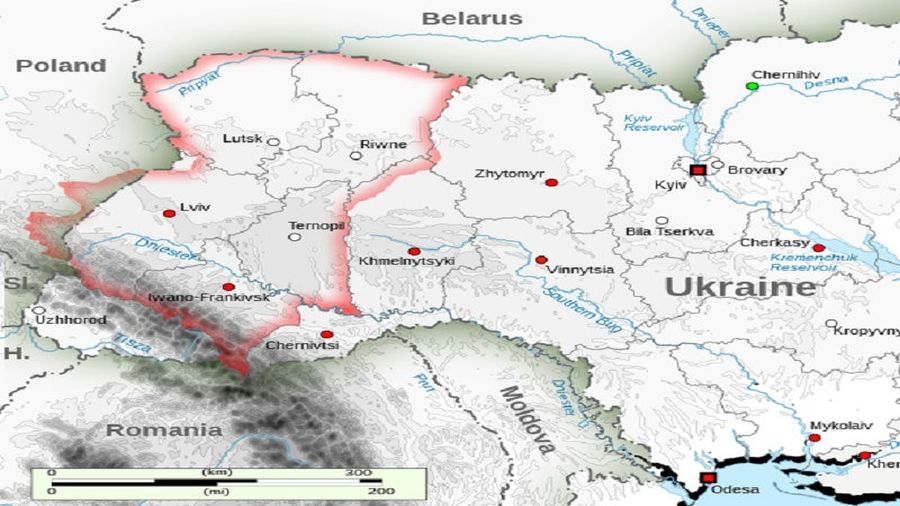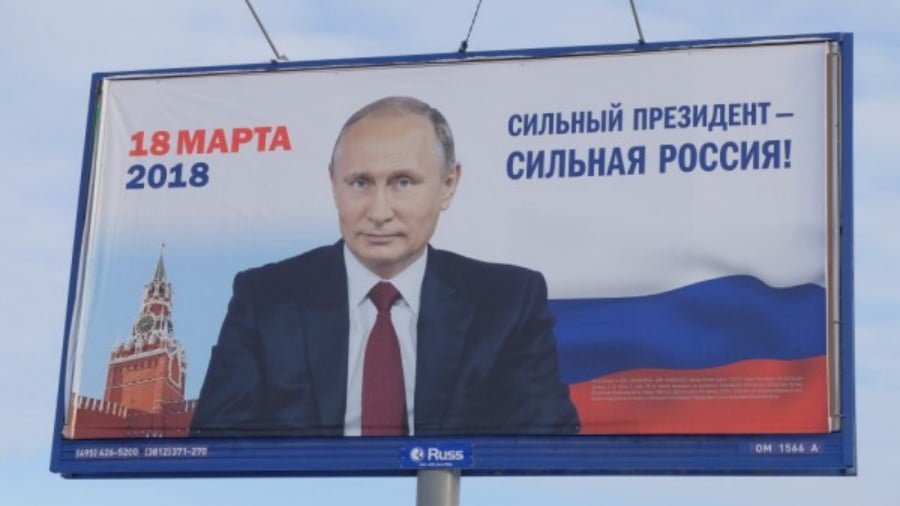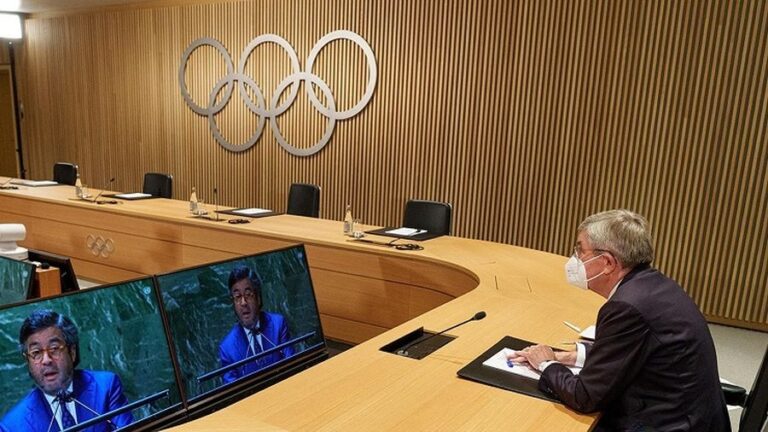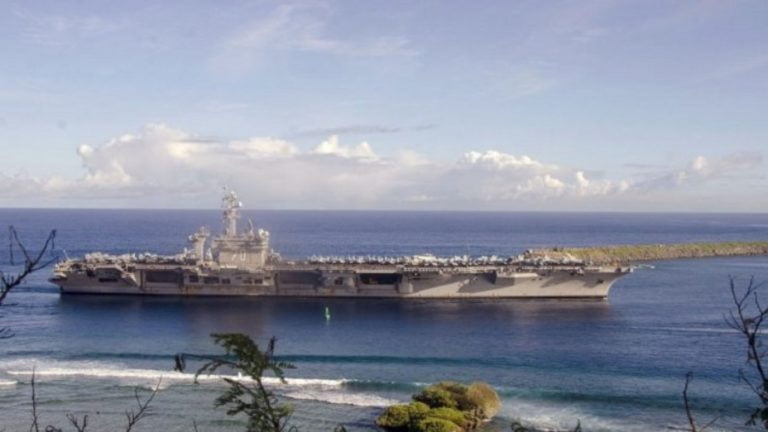Putin Exposed Poland’s Regional Plans in an Attempt to Deter Them
If PiS still orders the armed forces to conventionally intervene in Ukraine after President Putin just tried to deter them from doing so, then there’s a chance that the Belarusian and Wagner forces that are drilling just around 20 miles away from that war-torn country’s border could storm across it to stop their Polish opponents.
President Putin devoted time to discussing the scenario of Poland leading a conventional military intervention in Ukraine during the latest Security Council meeting on Friday. He was prompted to do so by Foreign Intelligence Service (SVR) chief Sergey Naryshkin, who warned that Warsaw is assembling a regional force under the aegis of the “Lublin Triangle”. This platform brings together Poland, Lithuania, and Ukraine in a post-modern partial revival of their long-lost Commonwealth.
The ruling “Law & Justice” (PiS) party envisages it functioning as the core of their plans to restore Poland’s former Great Power status throughout the course of the NATO-Russian proxy war in Ukraine. To that end, Poland and Ukraine began to merge into a de facto confederation since May 2022, which could be accelerated by Warsaw leading a conventional military intervention there. Although Russia has talked about this possibility since the special operation began, it’s only now that it might finally happen.
The intervening period saw the NATO-Russian “race of logistics”/”war of attrition” trend in Moscow’s favor, the failure of Kiev’s NATO–backed counteroffensive, and PiS fighting for its political life ahead of this fall’s national elections, all three factors of which converged to establish the latest strategic context. The first two could lead to the resumption of peace talks by the end of the year, while the third might result in PiS being voted out of office, which could altogether put an end of Poland’s regional plans.
The ruling party might therefore have calculated that this could be their country’s last chance to ever reclaim some of the Ukrainian territory that many Poles regard as having historically been their own, which could guarantee their re-election if it’s successful. As coincidence would have it, Belarus and Wagner are holding drills near Brest to deter any Belgorod-like proxy incursions from Poland, thus inadvertently serving as a timely pretext for Warsaw to deploy more troops to the east.
Moscow saw through this “maskirovka”, however, which is why Naryshkin warned President Putin the day afterwards about the possibility of Poland leading a conventional military intervention in Ukraine under aegis of the “Lublin Triangle” sometime in the coming future. The Russian leader reacted by reminding everyone that Poland occupied some of his civilization-state’s historical lands after World War I and also participated in carving up Czechoslovakia with Hitler in the immediate run-up to World War II.
His purpose in talking about this and other scandalous incidents during the interwar period like the occupation of Vilnius was to show that Poland has a track record of regional aggression, which properly frames Naryshkin’s warning about its latest geopolitical intentions. Furthermore, President Putin probably also wanted to deter Poland from going ahead with its plans, hence why he attempted to draw global attention to them by allow part of Friday’s Security Council meeting to be broadcasted.
If PiS still orders the armed forces to conventionally intervene in Ukraine, then there’s a chance that the Belarusian and Wagner forces that are drilling just around 20 miles away from that war-torn country’s border could storm across it to stop their Polish opponents. In that scenario, a clash between NATO-member Poland and CSTO-member Belarus could lead to a crisis between their respective US and Russian protectors, even though the incident that sparks it would take place in a third country’s territory.
Nobody can say with certainty what would follow, but the sequence of events leading up to the outbreak of Polish-Belarusian/-Wagner clashes in Ukraine isn’t far-fetched for the reasons that were explained. PiS should therefore think long and hard about whether it’s worth conventionally intervening into its de facto confederate state, especially since there’s a chance that the US might hang Poland out to dry if Warsaw calls on Article 5 should its forces come under fire from Belarus and/or Wagner inside Ukraine.







